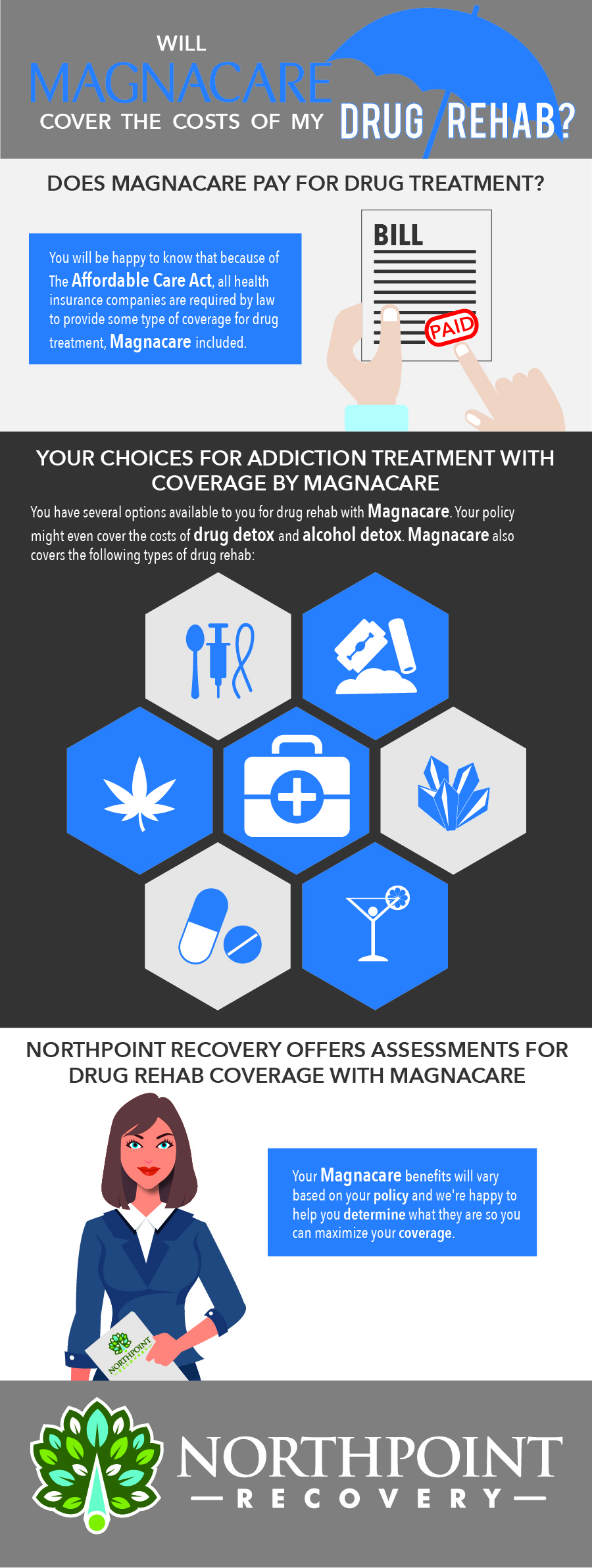Discover The Key To Producing A Robust Aftercare Plan Complying With Drug Recovery And Unlock The Door To Continual Success
Discover The Key To Producing A Robust Aftercare Plan Complying With Drug Recovery And Unlock The Door To Continual Success
Blog Article
Web Content Written By-Hjort Watson
You've finished drug rehab, and now it's time to produce a successful aftercare strategy to ensure your long-lasting healing.
Image this: you're a person determined to stay tidy and develop a fulfilling life. This article will assist you through recognizing ongoing support systems, incorporating therapy and therapy, and establishing healthy and balanced coping mechanisms.
With these strategies, you'll be equipped to prosper in your trip of sobriety.
Let's start.
Identifying Ongoing Assistance Solutions
You must determine at the very least 3 continuous support group to make sure an effective healing after drug rehabilitation.
The initial support group is your family and friends. They can give emotional support, inspiration, and aid you stay accountable. They can additionally supply a risk-free and understanding setting where you can share your struggles and success.
The 2nd support group is your therapist or counselor. They can assist you resolve any underlying concerns that may have contributed to your dependency and provide assistance on how to prevent regression. They can also show you coping systems and healthy and balanced means to deal with tension.
The 3rd support group is a support system or a sober area. Being surrounded by others who are going through similar experiences can be unbelievably valuable. They can offer a sense of belonging, recognizing, and offer beneficial advice and assistance.
Incorporating Treatment and Counseling
To accomplish an effective recuperation, it is essential for you to actively join treatment and therapy sessions, as well as integrate them into your continuous support group. By doing so, you can make the most of the advantages of these treatment methods and increase your opportunities of preserving long-lasting sobriety.
Right here are some essential reasons that incorporating treatment and counseling into your aftercare strategy is critical:
- ** Emotional Support: ** Treatment and counseling offer a safe room for you to share your thoughts, sensations, and battles pertaining to your addiction. Suggested Reading allows you to overcome any type of unresolved problems and establish healthy coping devices.
- ** Relapse Avoidance: ** These sessions equip you with the needed devices and approaches to prevent regression. White Sands drug rehab centers 33564 help you determine triggers, develop coping abilities, and develop a solid foundation for taking care of cravings and stress.
- ** Personal Growth: ** Therapy and therapy help with personal growth and self-discovery. They assist you gain understanding right into the underlying causes of your addiction, boost self-esteem, and establish healthier partnerships.
Establishing Healthy Coping Devices
Throughout therapy and counseling sessions, it's crucial to proactively service developing healthy and balanced coping systems in order to effectively take care of stress and anxiety and challenges.
You require to determine and understand your triggers, those points that trigger you distress or stress and anxiety. By recognizing these triggers, you can establish techniques to handle them in a healthy and balanced method. This may involve practicing deep breathing workouts, participating in physical activity, or discovering a creative electrical outlet to express your feelings.
It is very important to additionally border on your own with a strong support system of loved ones that can provide encouragement and advice.
Moreover, self-care tasks such as obtaining adequate sleep, consuming well, and practicing relaxation methods can substantially add to your general health.
Verdict
In the trip in the direction of recovery, producing an effective aftercare strategy is like tending to a fragile garden. Just as a garden enthusiast nurtures each plant with care and attention, so too must one cultivate continuous support group, incorporate treatment and counseling, and create healthy and balanced coping mechanisms.
By doing so, the seeds of healing will bloom into a growing yard, giving a solid foundation for a brighter, drug-free future.
